Contrary to an online media report of a multi-billion naira fraud at the Nigeria Incentive-Based Risk Sharing System for Agricultural Lending (NIRSAL Plc), the agency says no such fund was stolen as staff including the Managing Director has access to any fund.
NIRSAL said the claim that the Managing Director had engaged in a “multi-billion fraud” was totally without foundation.
NIRSAL is a non-bank financial institution wholly-owned by the Central Bank of Nigeria and created to redefine dimension, measure, re-price and share agribusiness-related credit risks in Nigeria.
NIRSAL’s mandate is to stimulate the flow of affordable finance and investments into the agricultural sector by de-risking the agribusiness finance value chain, fixing agricultural value chains, building long-term capacity, and institutionalizing incentives for agricultural lending through its five strategic pillars — Risk Sharing, Insurance, Technical Assistance, Incentives and Rating.
In a statement on Wednesday, the organization said: “Our attention has been drawn to a story published by Sahara Reporters titled, “EXPOSED: How Managing Director of NIRSAL, Aliyu Abdulhameed, Dismissed Olalekan Olusanya, Head of Internal Audit to cover up multi-billion naira fraud”.
A copy of the statement was obtained by Persecondnews in Abuja.
“It is unfortunate that Sahara Reporters made no effort to verify any of the lurid claims in the report or reach out to NIRSAL Plc for a response in line with basic standards of journalism.
“The story is anchored on a non-existent foundation because the main source of the invented “multi-billion fraud” in NIRSAL is a disgruntled former staff who fled NIRSAL while facing disciplinary action for breaching the terms of his employment.
“This individual, Olalekan Abimbola Olusanya has since been dismissed by the organization following an investigation that revealed his serial breaches of a number of the organization’s laid down policies. NIRSAL Plc. has since issued a disclaimer to this effect.
“While at NIRSAL, Olusanya, a mid-level staff who falsely claimed in the Sahara Reporters story that he was Head of Internal Audit at NIRSAL, violated many internal processes and took many unprofessional and dishonest actions that put both the institution and his fellow staff at risk.
“One of such actions was that Olusanya compromised staff confidential information for monetary gain by archiving and illegally exposing the said information to outside parties.
“Olusanya’s action was against the clear provisions of NIRSAL’s policies which state: “Treat and safeguard all information as strictly private and confidential and exercise all reasons and care to preserve the confidentiality of same and prevent the unauthorized access to same by unauthorized persons through failure to exercise due care and diligence or through negligence, recklessness”.
NIRSAL also described the report based on Olusanya’s false statements as lacking in credibility.
It further explained: “Given the established fact of NIRSAL’s unique mandate, the technical nature of its capital structure as well as the institution’s financial affairs which are filed annually with the Corporate Affairs Commission, no one in the organization has access to any “funds”.
“The public, including Sahara Reporters, can be forgiven if they display a certain degree of limited knowledge of what NIRSAL Plc is.
“Contrary to the narrative being pushed by entrenched negative economic interests over the last 12 months, trying to sabotage the clear progress being made by this 4year old organization, NIRSAL Plc is not swimming in cash, does not see cash and its operations are not funded by either an appropriation of the Federal Government of Nigeria or through an allocation of the Central Bank of Nigeria (CBN).
“NIRSAL’s total capital structure is based on a debenture loan. Perhaps more important to note is that this capital structure is technical in nature, not physical and it is controlled within the CBN system.
“The truth about NIRSAL’s finances is actually the opposite of the impression given in the report published by Sahara Reporters.’’
“For the umpteenth time, it is worth educating stakeholders (again and again) on what NIRSAL PLC is, what it is not, and the very unique, peerless and smart way the Central Bank of Nigeria set it up as an organization.
“NIRSAL’s seed capital/debenture loan is permanently invested in FGN Bonds and Treasury Bills and other money market instruments. The proceeds from such investments are what its board approves, through a budgetary process, for the management to pay salaries, pay out on guarantees given to farmers and other Agribusiness investors when their loans are unpaid.
“These proceeds are also used to train farmers, bankers, insurance industry players, rate and incentivize good borrowing/repayment behaviours by borrowers when they use NIRSAL Plc’s guarantees.’’
According to it, all the foregoing are monies spent for the public good by NIRSAL Plc from its meagre earnings.
“Yet this organization has to declare profits, pay dividends, amortize/pay back its debenture loans and still remain a going concern like any other company incorporated under the CAMA/ CAC.
“This act, unfortunately, led to the kidnap of some NIRSAL staff who were told by the kidnappers that they had the dossiers on NIRSAL staff salaries, their location and family contacts.
“In spite of these and many other breaches, Olusanya was treated better than he treated the institution and his fellow staff in the course of the disciplinary action that he went through. As he acknowledged, he was still retained and paid his salaries for over 6 months after the event, until he was dismissed,’’ the statement said.
As part of its achievements, NIRSAL said has not only managed its operational capital prudently, it has also grown its seed capital, constantly posted profits, facilitated over N100 billion from the financial sector into Nigerian agriculture and contributed to the creation of millions of jobs in the sector and other measurable impacts.
It restated the commitment of management and staff to the interest of farmers and stakeholders in the agricultural space as a sacred trust.
“We will continue to take firm actions against any staff whose activities violate company policies, fiduciary responsibility as well as ethical standards expected of employees in the financial services industry. This position is not negotiable.’’


















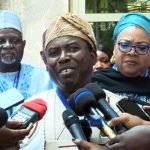





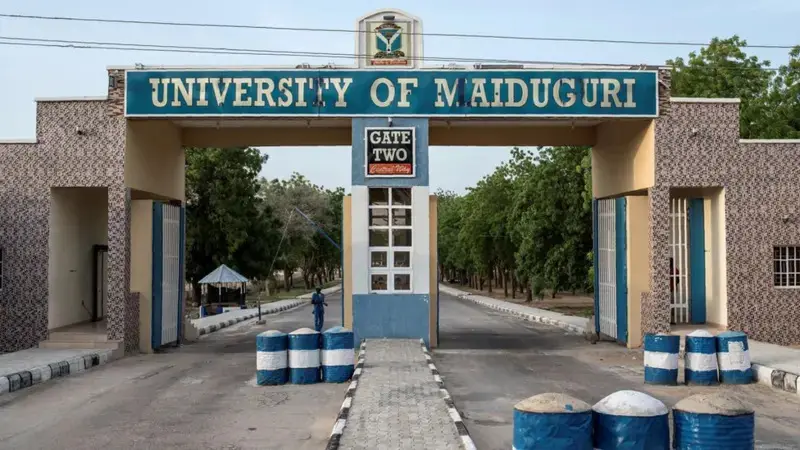

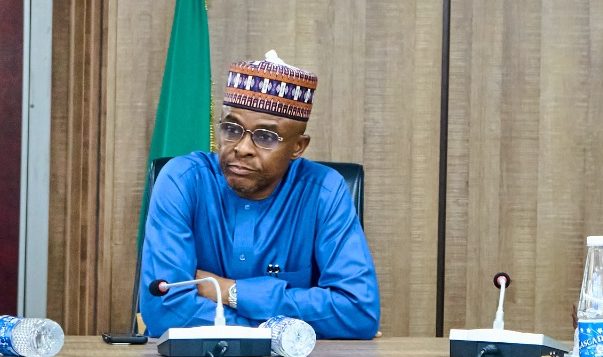

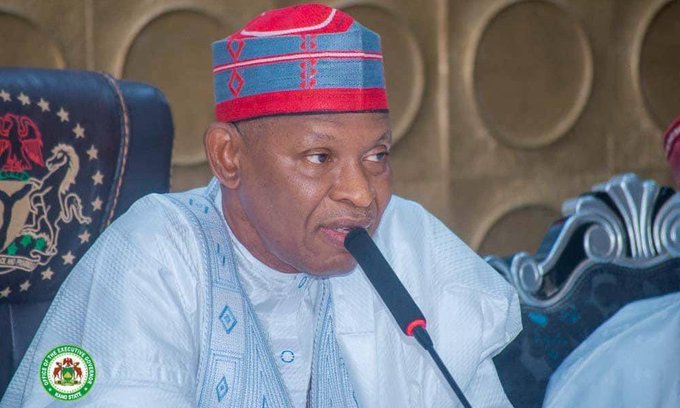






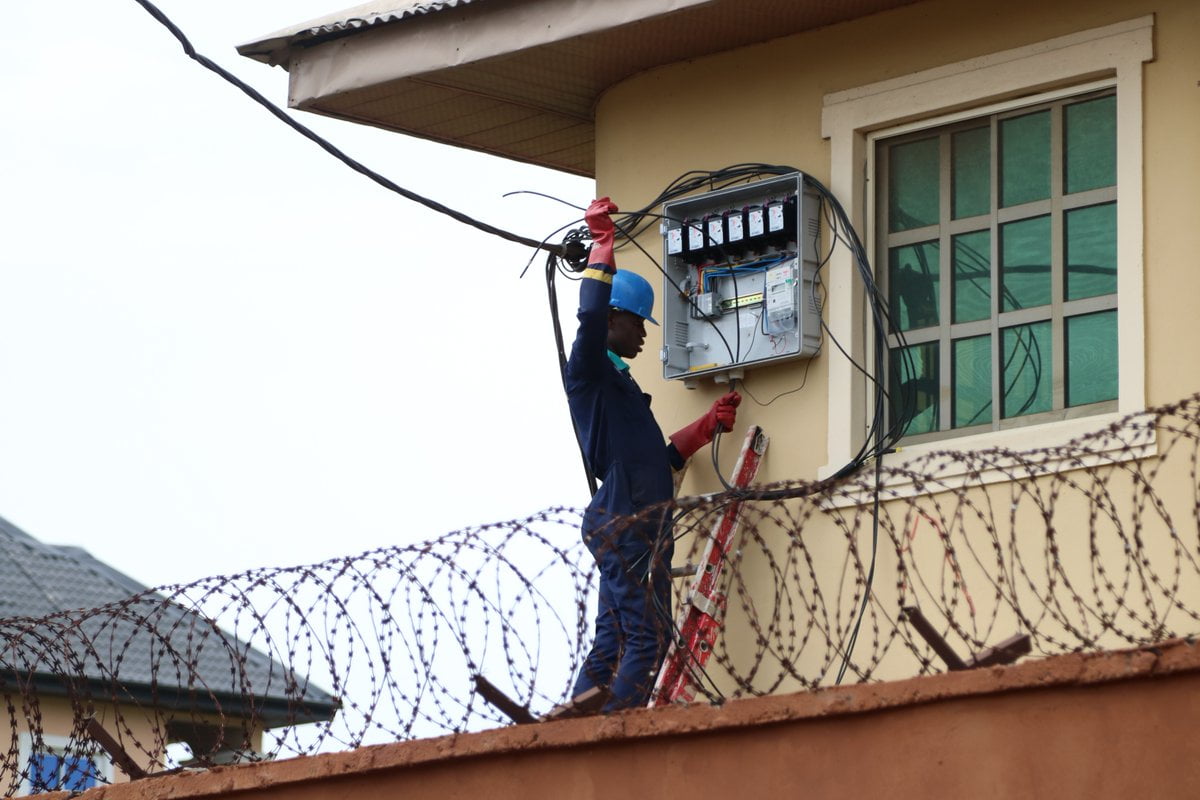
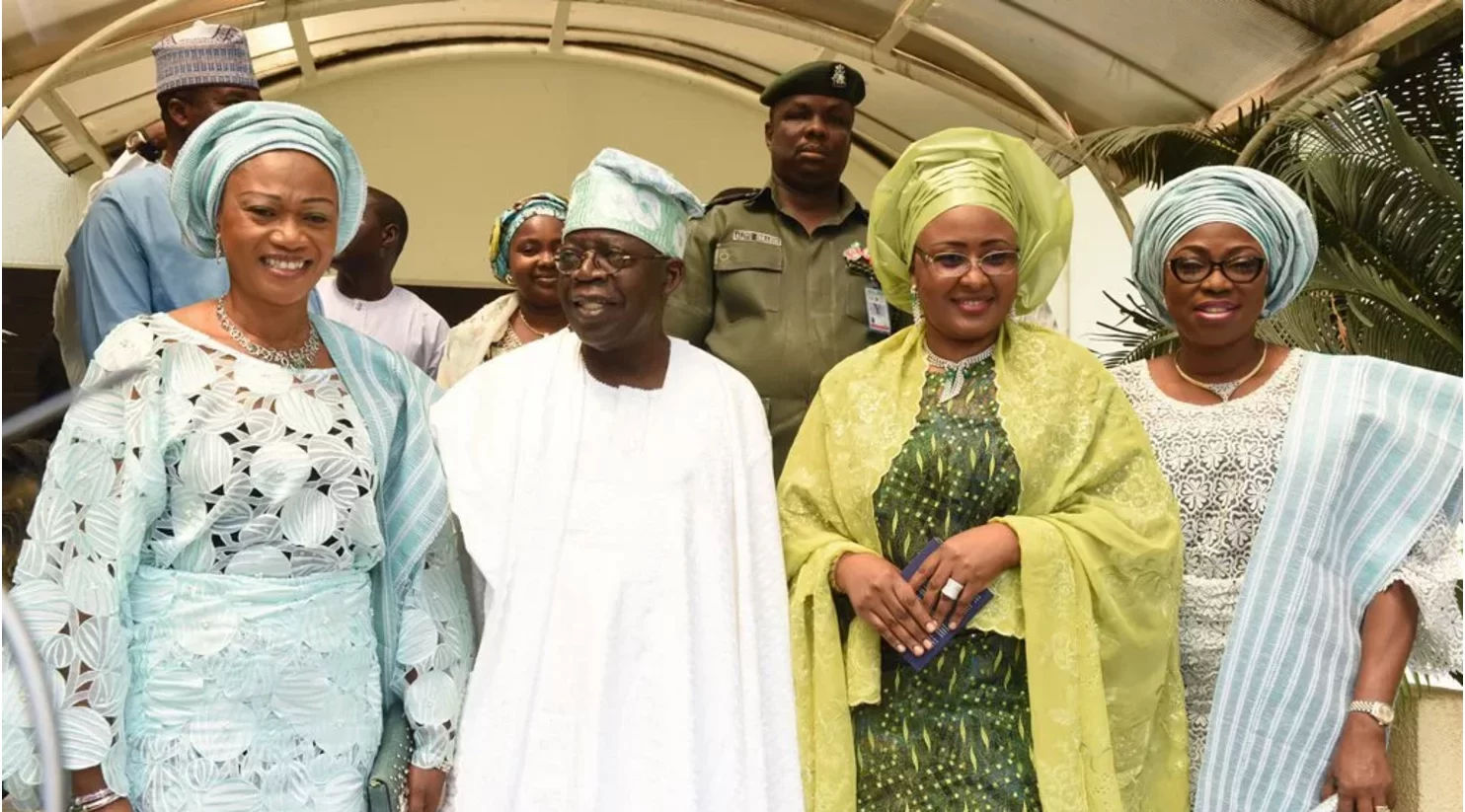


Leave a comment